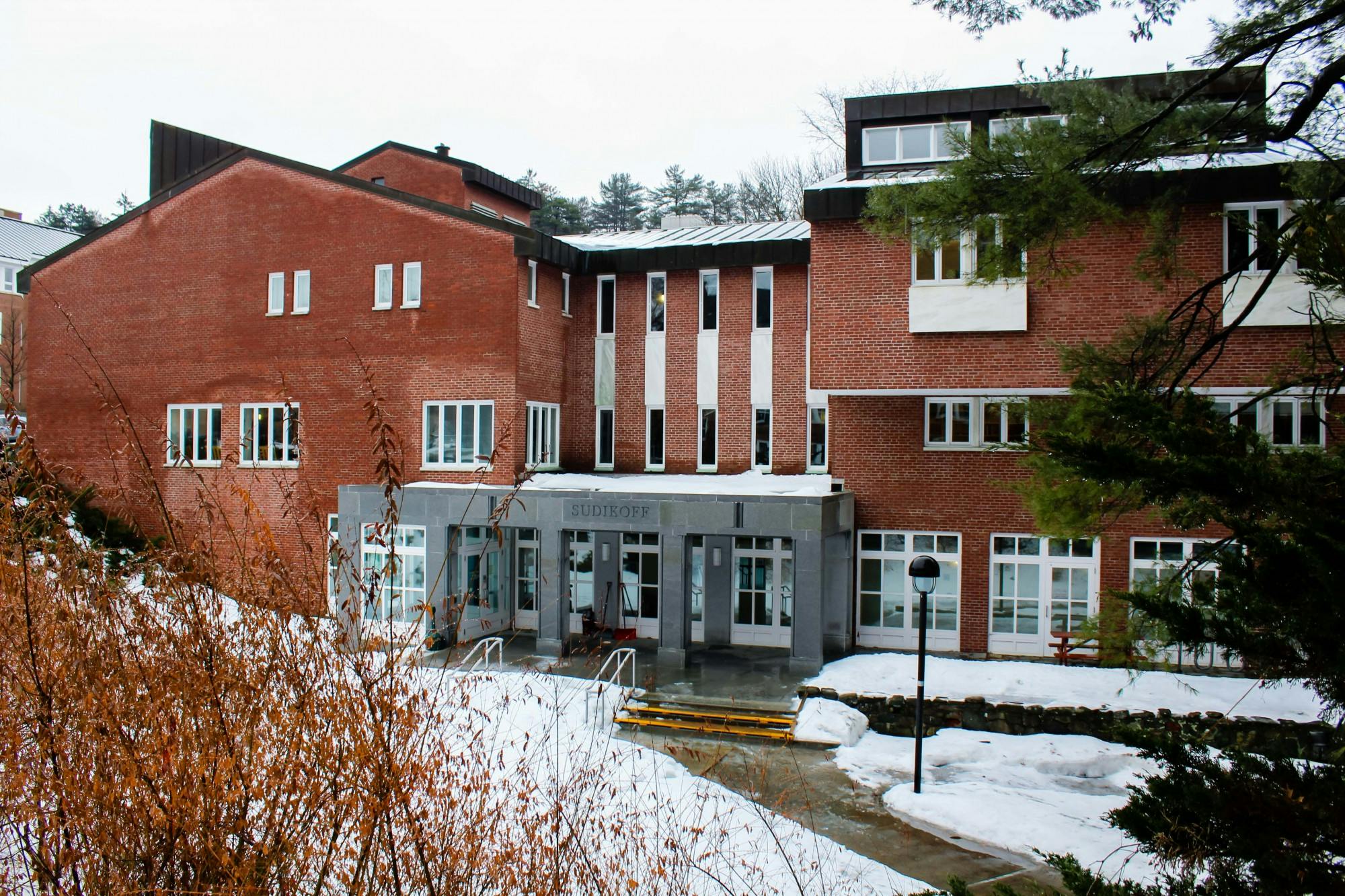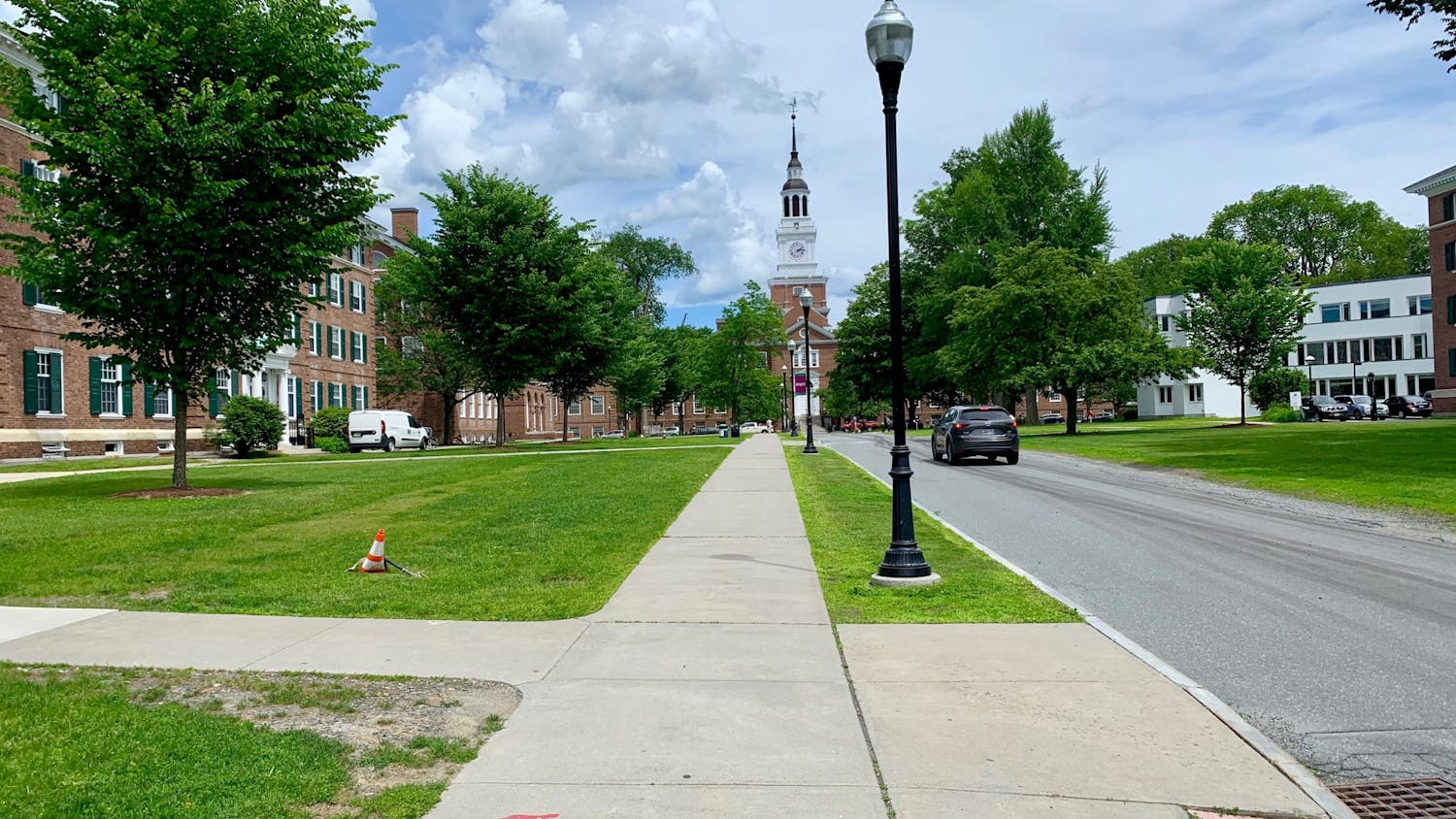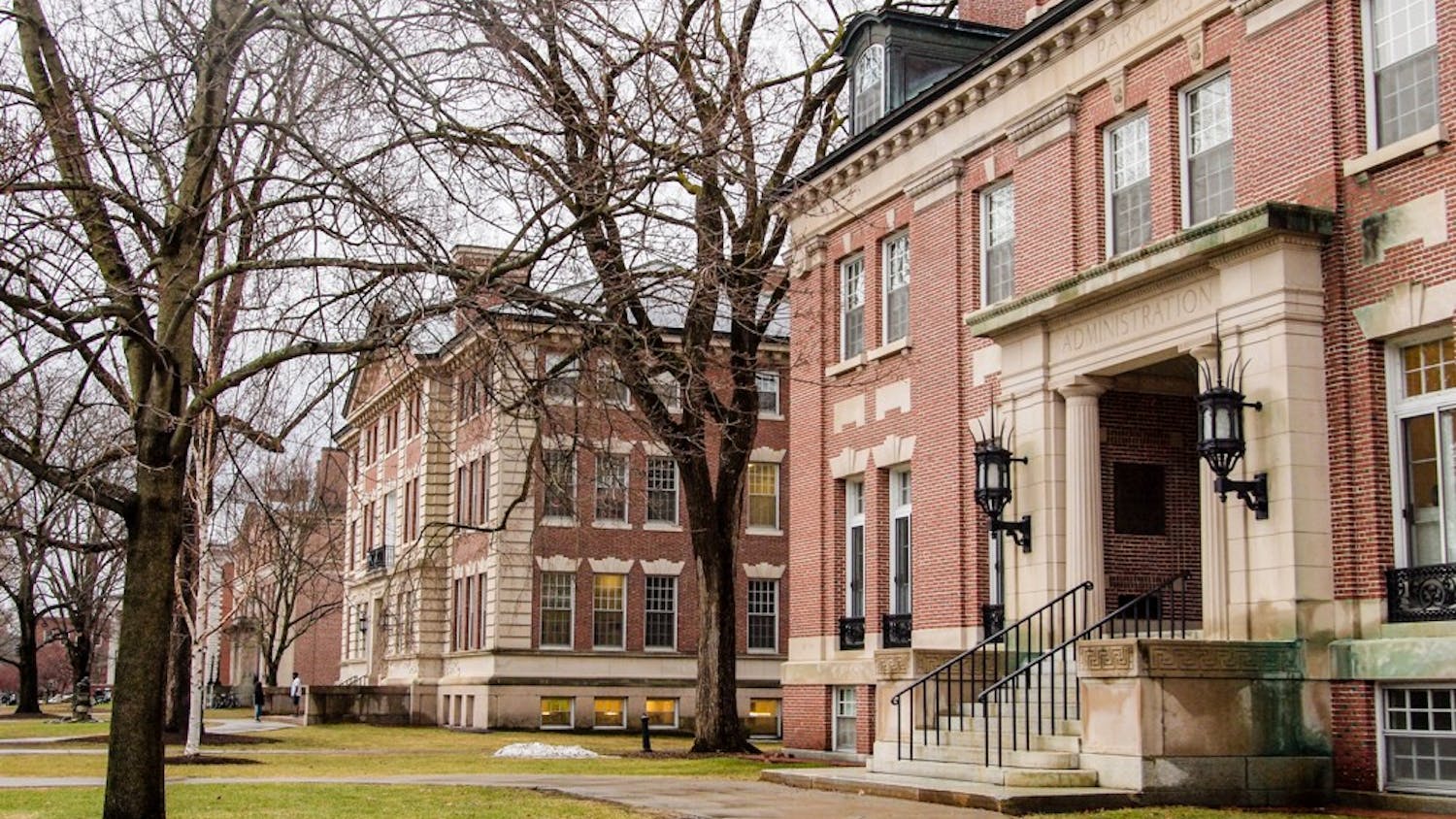Updated July 18, 2020 at 10:50 a.m.
A graduate student in the computer science department has accused a faculty member of multiple incidents of sexual misconduct and a second faculty member of taking retaliatory academic action after she raised concerns. The student, Maha Alshawi, has called for Dartmouth to conduct a “clear and fair investigation” of the alleged harassment. Meanwhile, the College has stated that it has concluded evaluating the allegations through all applicable procedures.
In a public June 9 Facebook post and a June 12 letter to computer science faculty, the Graduate Student Council and members of the College administration, Alshawi alleged that her supervisor, computer science professor Alberto Quattrini Li, sexually harassed her on two occasions and entered her private office without permission. Alshawi also alleged that computer science department chair Prasad Jayanti unfairly failed her on an exam and gave her a “low pass” as a teaching assistant.
Alshawi wrote in the letter that on February 5, she alerted the Title IX office of her allegations against Quattrini Li. According to Alshawi, the Title IX office allegedly “refused” to take action in response to her complaints, since “no other complaints had been filed against [Quattrini Li].”
Dartmouth’s Title IX office declined to comment on the specifics of the case, citing privacy concerns.
Quattrini Li forwarded The Dartmouth’s request for comment to vice president of communications Justin Anderson. Anderson wrote in an email statement that “Dartmouth takes seriously complaints of sexual misconduct and we are committed to investigating all reported allegations.”
Anderson wrote that the College followed “all applicable procedures” in reviewing Alshawi’s allegations, adding that “legal and policy considerations” related to privacy and confidentiality generally constrain the College from sharing the substance of its response to student allegations, unless the student consents.
“In this case, we have invited the student to consent and permit us to do so, but she has not accepted the invitation,” he wrote.
He wrote that the College is “ready to offer an accurate and complete accounting of Dartmouth’s response in the matter as well as the facts of the case,” should Alshawi consent to the College doing so.
College spokesperson Diana Lawrence added in an email statement that the College has concluded its review of Alshawi’s allegations, though it has “invited [Alshawi] to raise any new allegations and is prepared to review those allegations through appropriate processes.”
In a public Facebook post, Alshawi claimed that she was not directly asked for consent to disclose the details of her case.
Lawrence wrote in a follow-up email that the College had shared a statement publicly “indicating that [Dartmouth] would make information available if the student consented to have it released.” Since Alshawi has indicated that she did not see the statement, the College has followed up with her directly, Lawrence wrote.
According to Alshawi, the first incident of sexual harassment occurred in November 2019, when Quattrini Li allegedly pretended he wanted to stand up to retrieve something from his desk while “touching himself.” Alshawi alleged that in December, Quattrini Li touched himself again while writing on a white board. Alshawi stated that both alleged incidents occurred when she was alone with Quattrini Li. Additionally, Alshawi alleged that on November 12, Quattrini Li entered her office without her permission and told her that her office “was not [her] own property and it belongs to Dartmouth.”
Alshawi said that after notifying Quattrini Li of her intent to report the alleged misconduct, Jayanti allegedly “refused” to send her the necessary problem solutions to hold office hours for COSC 31, “Algorithms,” in which she worked as a TA for Jayanti. She added that before reporting Quattrini Li’s alleged misconduct, her working relationship with Jayanti was “just fine.”
In order to qualify for COSC 231, “Advanced Algorithms,” Jayanti allegedly required Alshawi to take a placement exam that had a modified problem due to her familiarity with the original questions as a TA for COSC 31, but she said that the changed problem had no real solution.
Despite the complications, Alshawi said that she performed well on the exam, but Jayanti failed her and gave her a “low pass” in the course as a TA, which Alshawi attributed to alleged issues with her teaching performance. As a result, she was unable to move on to COSC 231 and had to re-enroll in COSC 31 as a student in the spring, after which she passed. Alshawi said that Jayanti unfairly linked her TA performance and her exam performance, and that her satisfactory results on the test should have been enough to advance.
Jayanti did not respond to a request for comment.
In her letter, Alshawi also wrote that when she reported her academic experience to associate dean of the faculty for the arts and sciences Daniel Rockmore, he told Alshawi that there was “no indication that Professor Jayanti violated any professional obligation or any Dartmouth policy” and that his decision was final.
Rockmore did not respond to requests for comment by press time.
Diana Whitney ’95, a founding member of the organization Dartmouth Community Against Gender Harassment and Sexual Violence, said that for victims, coming forward with accusations involves the risk of stigmatization, shame and being called a liar.
“One of the questions that I ask as an advocate for victims is, ‘What could possibly be advantageous for her to make a false accusation?’” Whitney said.
Whitney said that she immediately commented on Alshawi’s Facebook post detailing her alleged harassment to express support for Alshawi and her “real dismay” about the situation.
“When she did report the harassment, she was retaliated against,” Whitney said, describing the situation as “abhorrent.”
Whitney added that she believes Alshawi has done everything “by the book,” including immediately reporting her harassment to Title IX and going through the “right channels.”
Alshawi said that she does not believe the College has made a fair or equitable investigation into her claims.
“I complained — I want justice,” Alshawi said. “Honestly, I don’t feel safe.”




